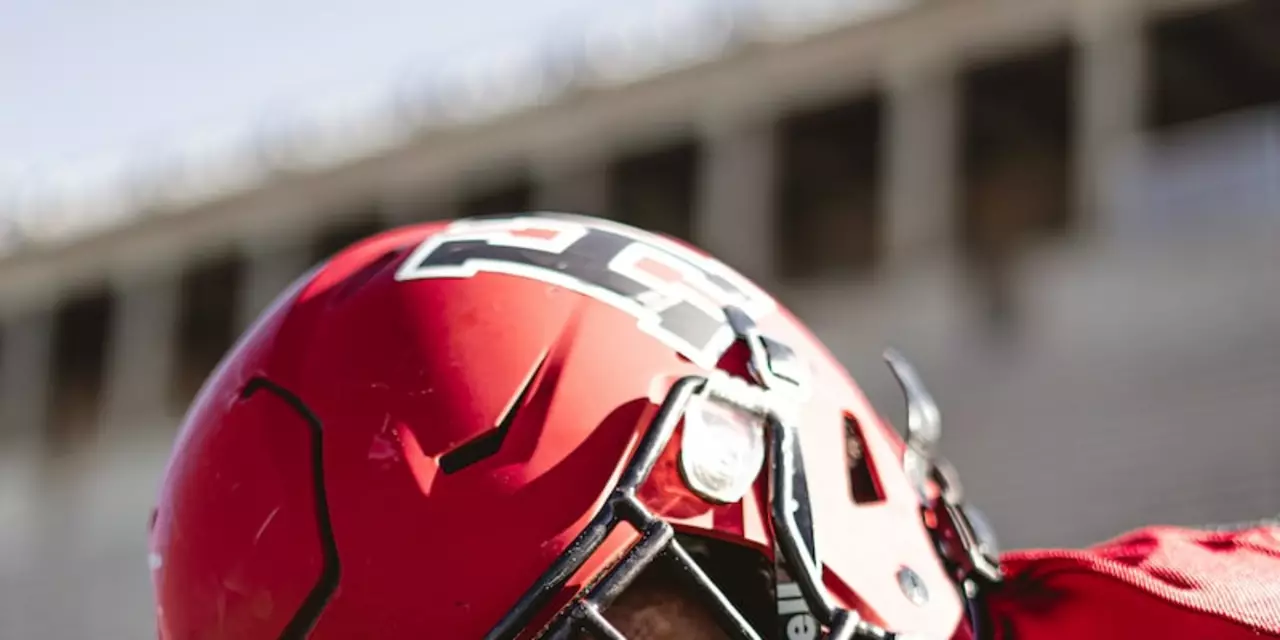How Good Do You Have to Be to Play College Football?
If you dream of wearing a college jersey, you’re not alone. Hundreds of high school players chase that goal every year, but only a fraction make it onto a roster. The good news? You don’t need to be a super‑star right out of the gate. Colleges look for a mix of talent, work ethic, and the right attitude.
Key Requirements for College Football Players
First off, physical fitness matters. Coaches want athletes who can handle the grind of daily practices, strength training, and game‑day pressure. That means solid speed, strength, and endurance. Simple drills like 40‑yard sprints, bench press numbers, and agility ladders give coaches a quick snapshot of your athleticism.
Second, technical skill is a must. Whether you’re a quarterback, lineman, or receiver, you need to know the fundamentals of your position. Work on footwork, hand placement, and reading defenses. Video footage of your games makes a huge difference in the recruiting process – it lets coaches see you in real action.
Third, character counts. Coaches talk about “coachability” a lot because they want players who listen, improve, and stay positive even after a loss. Being on time, respecting teammates, and showing dedication in the classroom all add up.
Finally, academic eligibility can’t be ignored. The NCAA sets minimum GPA and test score thresholds. Staying on top of homework and preparing for the SAT or ACT early can keep the door open for scholarships.
How to Improve Your Chances of Getting Recruited
Start by creating a highlight reel. Keep the clips short (30‑60 seconds) and focused on your best plays. Upload it to a free platform and share the link with coaches via email or recruiting websites.
Next, attend camps and combines. These events give you direct exposure to college staff and let you measure yourself against other top talent. Even if you don’t get a scholarship offer on the spot, you’ll get valuable feedback.
Reach out to coaches early. Send a polite email that includes your stats, a link to your highlight video, and a brief note about why you’re interested in their program. Personalize each message – a generic blast will be ignored.
Keep working on your weaknesses. If you’re a receiver, practice route running and catching under pressure. If you’re a lineman, focus on hand placement and foot movement. Consistent improvement shows coaches you’re serious about development.
Finally, stay healthy. Follow a balanced diet, get enough sleep, and use proper recovery techniques. Injuries can derail a recruiting year, so prevention matters as much as performance.
Remember, the journey to college football isn’t a straight line. It takes talent, hard work, and the right mindset. Keep pushing, stay organized, and make sure coaches see both your on‑field ability and off‑field character. With the right approach, you’ll give yourself the best shot at playing at the next level.
How good do you have to be to play college football?
- Kellan Hartford
- February 7, 2023
- 0 Comments
Playing college football is a dream for many aspiring athletes. To do so, players must meet certain standards of good physical, mental, and emotional health. Additionally, they must demonstrate athletic ability, knowledge of the game, and be of good character. Coaches also look for players who are coachable and willing to put in the hard work necessary to be successful. Ultimately, it is up to the individual coaches to decide who is good enough to play college football.
read more